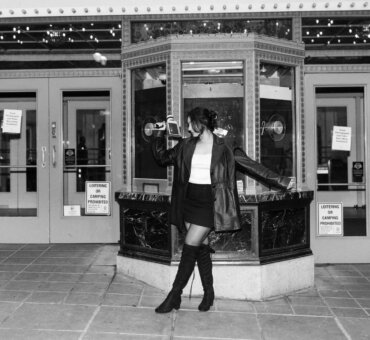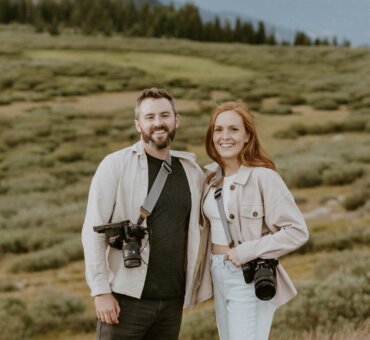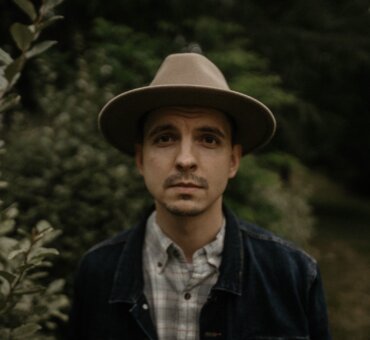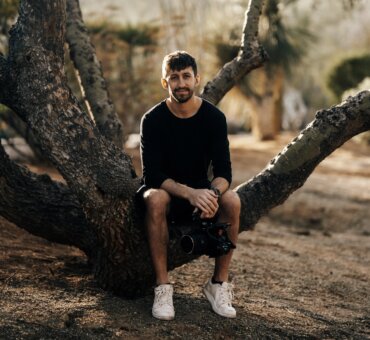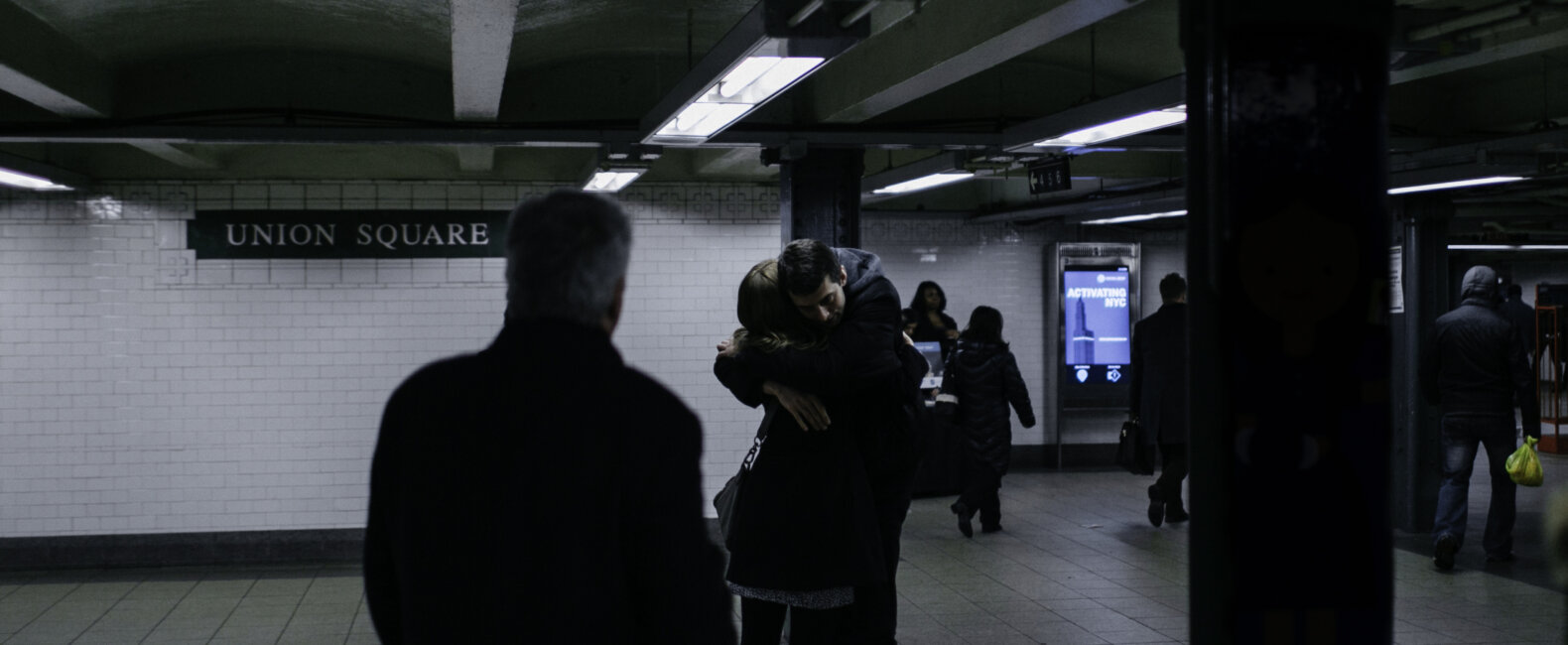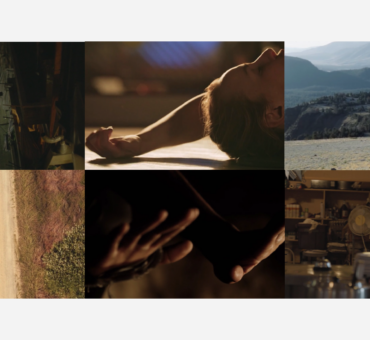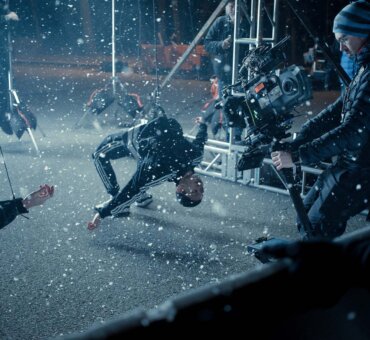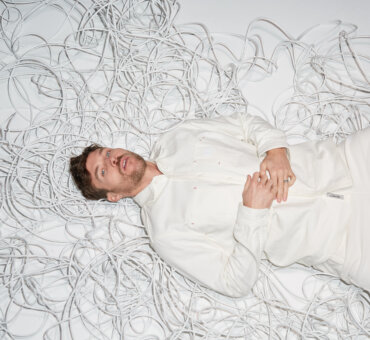You realize pretty quickly in life that you are working with limited resources. Limited time. Limited money. Limited talent. One way or another, we are all forced to make the most of what we’re given. We invest what we have and hope something pays off — and every once in a while, something does.
We recently reached out to some of our favorite filmmakers and asked them what has paid off the most for them in their careers. What has been their best investment? The answers we got included everything from a plane ticket to Bangkok, to relationships, to time itself. Which just goes to show you, when it comes to investments, you never quite know what’s going to work out. But while the answers below are not guarantees of success, they have at least been field tested by some of the top independent filmmakers today.
As you find yourself making decisions about where to spend your time, money, and talents, consider the following…

My friends keep me in line, teaching me how to simply be a worker among workers — nothing more, nothing less.
ELIOT RAUSCH
The best investment of the last 10 years, I would have to say, has been my friendships with men who aren’t afraid to tell me the truth. There have been seasons where I have become so self-consumed, entitled, and narcissistic, I was unable to see my own bullshit. I was unable to see how my ego was actually affecting my maturity and growth as a filmmaker. Trusting a friend when he calls me a princess, when he suggests that my dilemma sounds more like pride and arrogance, or that my work is not my best; trusting he knows me better than I might know myself has been my saving grace. My friends keep me in line, teaching me how to simply be a worker among workers — nothing more, nothing less.
LILY HENDERSON
Time. Definitely time. We live in a speedy world; and if I give in to that pace, I know I will produce a film that falls short. I have been working on this film adaptation, About a Mountain, for the better part of four years. And it has paid off. I’ve matured with the project. The first year, I was so eager to just get it done because I feared that my enthusiasm, or other people’s interest in it, would fade. I was like, “I’ll get this script done in six months — no problem.” But I’m glad I didn’t finish it in half a year. I’m glad I’ve given it, and myself, time to breathe. To let it marinate. My producer suggested that a long-term project is like a palimpsest — that ideas don’t change but rather evolve from the original idea and all ideas following. Or it’s like a relationship — you love the person, you hate the person, you’re in love again — and, if you stick it out, you’re stronger and wiser for investing the time.

SALOMON LIGTHELM
I guess the most worthwhile investment I’ve made since I started has been relationships. I’m always really eager to meet new people. Especially people who inspire or challenge me. I have a handful of people that I’ve reached out to over the years who now form this sort of brotherhood. They are the first people I send rough drafts of my scripts to, they are the first people I show a rough cut of a film, they are the first people I tell when we’re pregnant (except for maybe our parents) or going through a rough time. They are not “fans” (which no one really needs more of) — they are honest voices, friends who care deeply about me as a person. And they are quick to tell me whether some things in my films aren’t working or whether I’m neglecting my family in order to service my obsessions.
JOE CALLANDER
I guess on an existential level, the best investment I ever made was a plane ticket to Bangkok to begin production on my first documentary project in 2008. That was back when I was working a mediocre marketing job, dreaming about making movies. Once I bought that ticket, it turned my dreams into a very practical matter that demanded my full attention. It made for a few very unpleasant years of being broke and screwing things up. But it was the act of putting money on the line to commit to a dream that forced me to make a move and give it a shot.
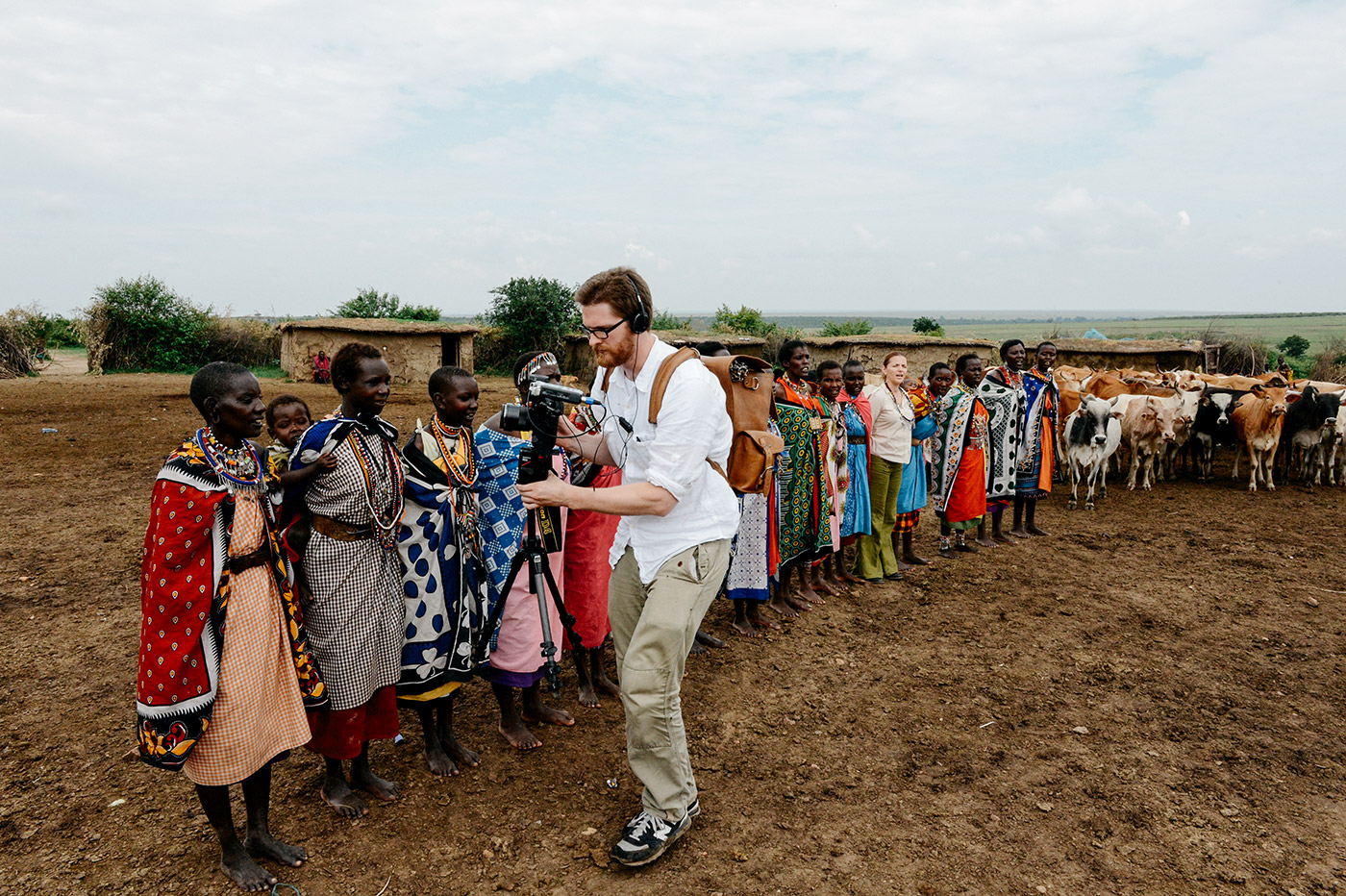
If people can see that you can be faithful with little, then they’ll trust you with the bigger stuff in the future.
DIEGO CONTRERAS
Personally, the biggest investment has been the decision to forego earning any money on my first five or so film projects. I always had the option of keeping a percentage of the budget to pay myself, or using it to buy better, newer gear; but instead, I made the choice of putting every last cent of it into the screen. I’d even put in some extra cash from my own savings to be able to invest in hiring the right team, talented people that had more experience than myself and could help boost the production quality of my work. I won’t lie — there were moments when I would question myself about these decisions. But I can say today that it’s been totally worth it. Since then, I’ve seen the budgets on every one of my projects multiply tenfold, every single time. I think if people can see that you can be faithful with little, then they’ll trust you with the bigger stuff in the future.

Here’s the great thing about all of this advice: None of it is mutually exclusive. You can invest in your relationships. You can invest more time into your projects. You can put your money where your mouth is and fly to Bangkok. And you can forego a paycheck. Call it diversifying your portfolio, but we can’t imagine any of these ideas being a waste. At the very least, they might lead you to the unexpected investment that pays off for you.




































































